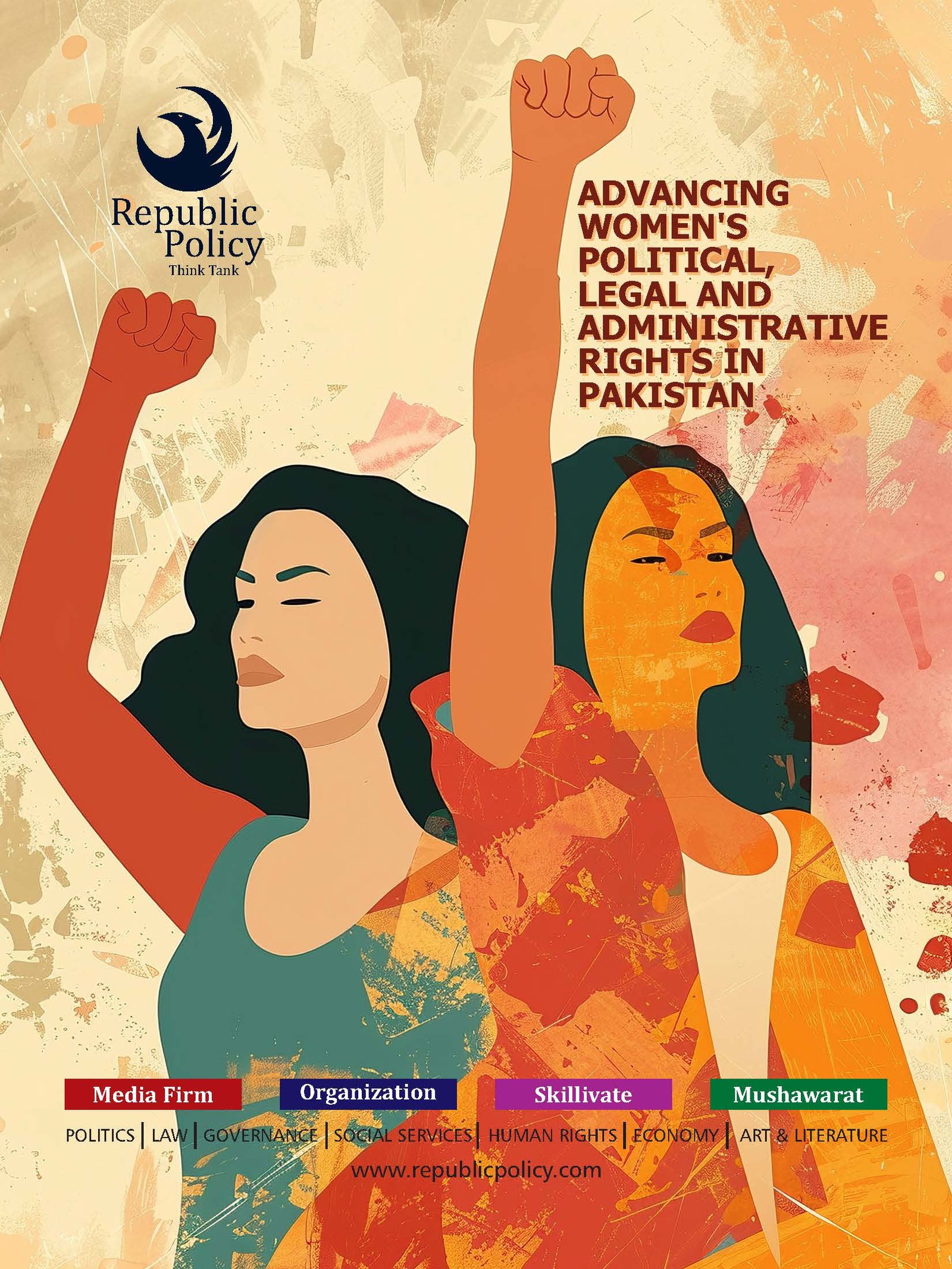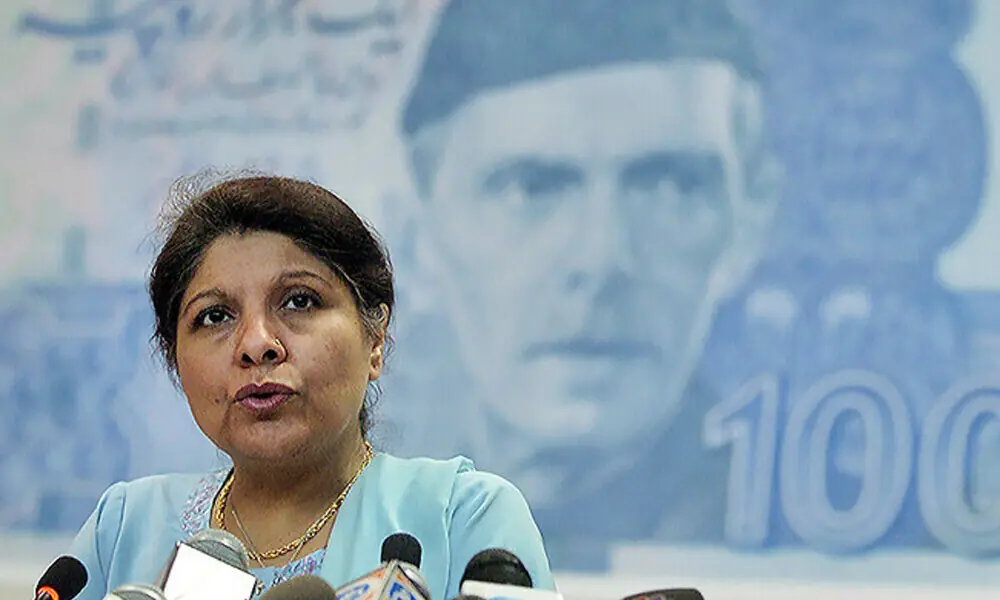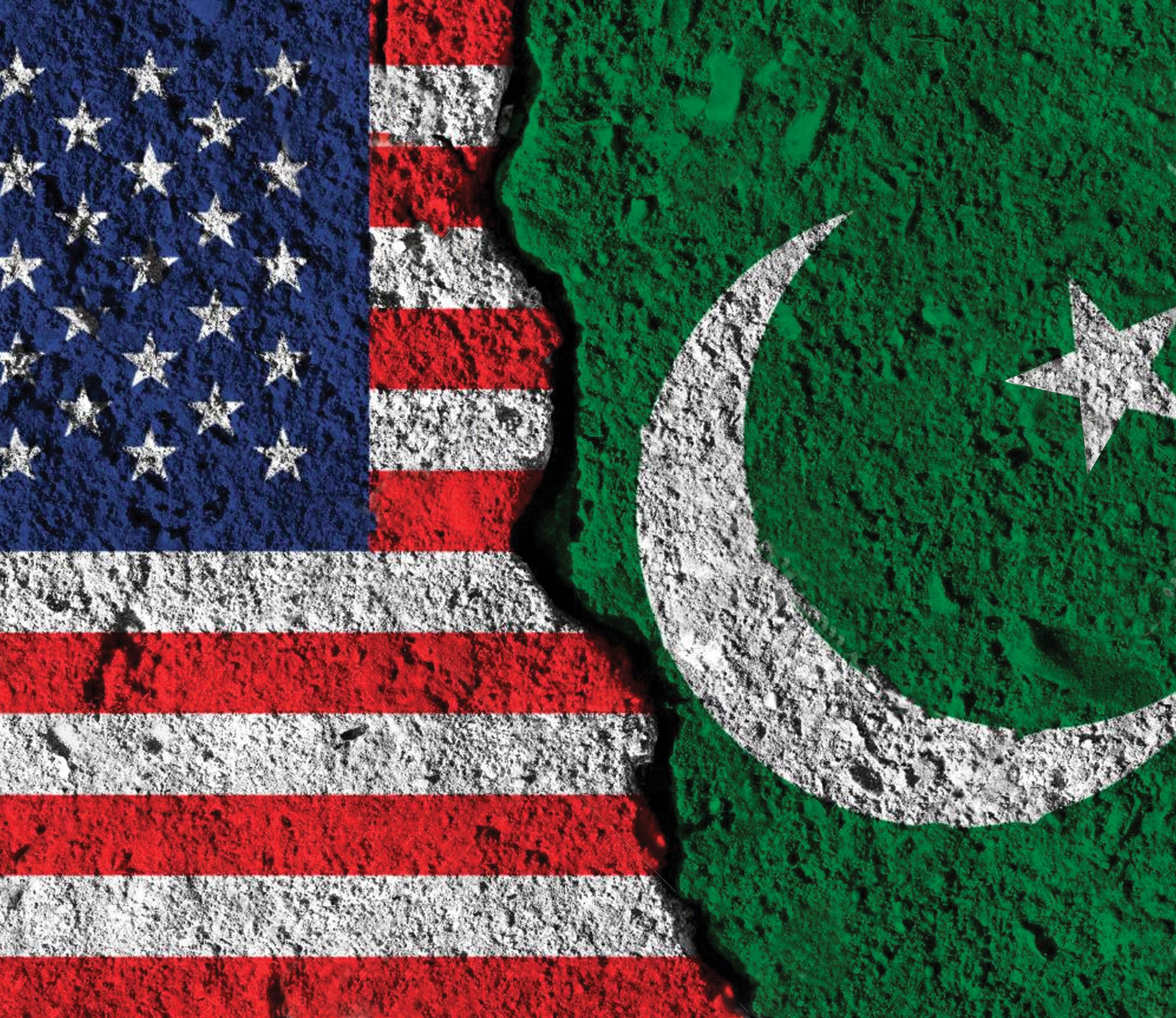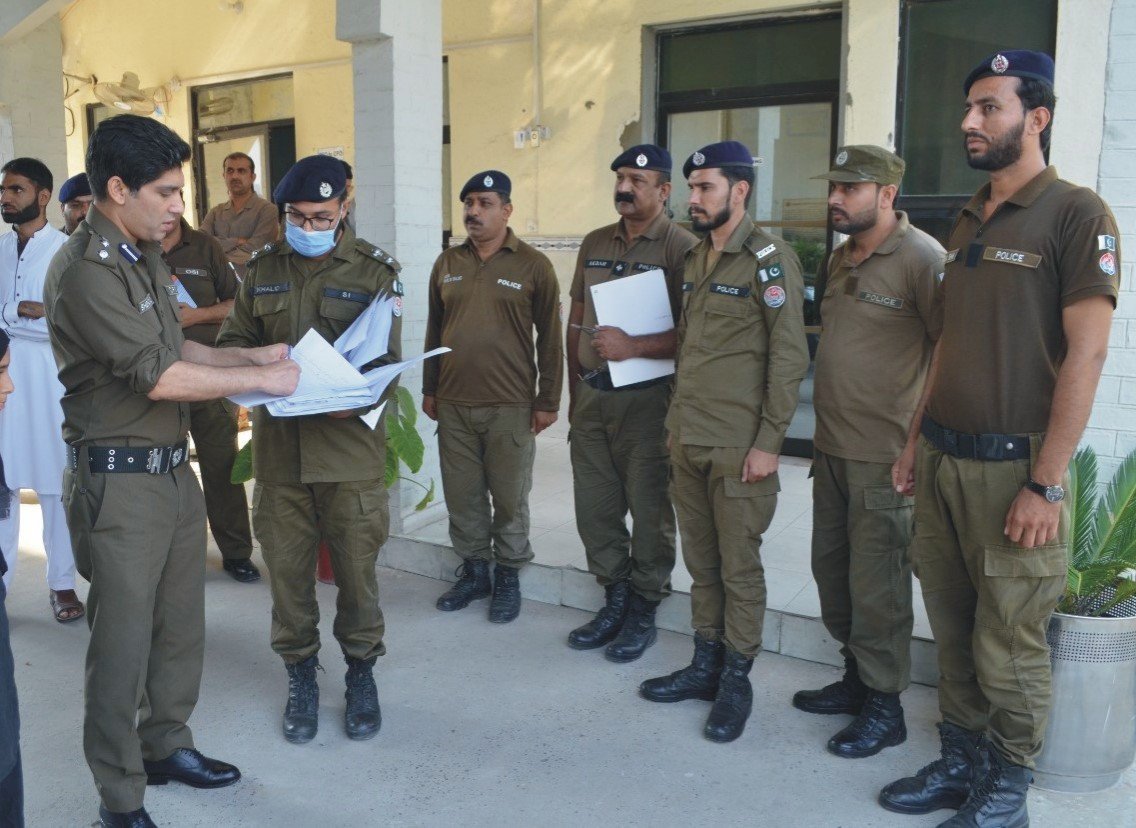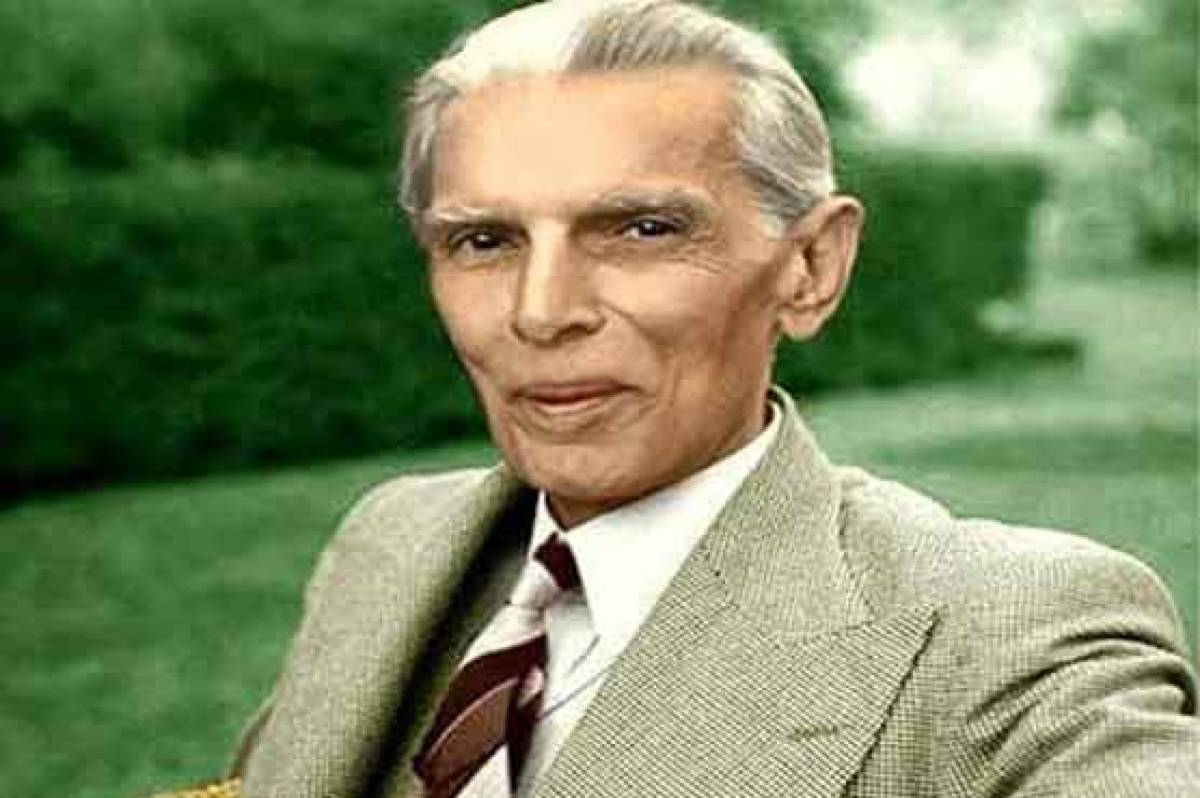Sumaira Qazi
The brutal murder of a 15-year-old girl in Quetta by her own father is a chilling reminder of the pervasive violence against women in Pakistan. This heinous crime, initially disguised as an attack by unidentified gunmen, has now been exposed as an “honour killing”—a term that grotesquely sanitizes the cold-blooded murder of women who dare to assert their autonomy. The suspect, who had recently returned to Pakistan after living in the United States for 25 years, confessed to killing his daughter over her TikTok videos. His actions reflect a deeply entrenched patriarchal mindset that views women as property rather than individuals with inherent rights. This tragedy is not an isolated incident but part of a broader pattern of gender-based violence that continues to plague Pakistan despite decades of legislative reforms, activism, and awareness campaigns.
The murder underscores the toxic intersection of cultural norms, patriarchal control, and violence against women in Pakistan. The father’s insistence on imposing a rigid, regressive code of conduct on his daughter—one that ultimately led to her death—reveals a society where women’s lives are often dictated by the whims of male family members. The idea that a young girl’s social media presence could provoke such a violent response speaks volumes about the oppressive environment in which many Pakistani women live. Women and girls are routinely denied the right to self-expression, whether through their choice of clothing, social media activity, or personal decisions. In this case, the victim’s TikTok videos, a harmless form of self-expression, became the catalyst for her murder.
The term “honour killing” itself is a misnomer that perpetuates the normalization of such crimes. It suggests that a woman’s life can be sacrificed to preserve a family’s so-called honour, a concept rooted in archaic and misogynistic values. This mindset is not unique to Pakistan but is prevalent in many societies where patriarchal structures dominate. However, the frequency and brutality of such crimes in Pakistan highlight a systemic failure to protect women and girls from violence.
The statistics on gender-based violence in Pakistan paint a harrowing picture. Human rights organizations estimate that hundreds of women are murdered each year in domestic violence incidents, honour killings, and other crimes perpetrated by family members. These perpetrators are often fathers, brothers, husbands, or even mothers, underscoring the horrifying reality that women are most vulnerable within their own homes. Despite legal reforms aimed at addressing gender-based violence, justice remains elusive for most victims. Loopholes in the legal system, social stigma, and a lack of enforcement often allow perpetrators to escape accountability. In many cases, the victim’s family forgives the perpetrator, or the courts impose minimal punishments, further perpetuating a culture of impunity.
The broader global context is equally alarming. According to recent data, an estimated 25 per cent of adolescent girls worldwide experience abuse by their partners, making gender-based violence one of the most widespread human rights violations. Shockingly, governments allocate only 5.0 per cent of aid to addressing violence against women and girls, with a mere 0.2 per cent directed towards prevention efforts. This lack of investment reflects a global failure to prioritize the safety and rights of women and girls. In Pakistan, the situation is exacerbated by inadequate legal protections and poor implementation of existing laws. A 2023 report by the Law and Justice Commission of Pakistan revealed an 81 per cent increase in the backlog of unresolved gender-based violence cases. While more cases are being reported, prosecution and conviction rates remain dismally low. The conviction rate for such cases is a mere 5.0 per cent, while acquittals stand at a staggering 64 per cent.
Pl watch the video and subscribe to the channel of republicpolicy.com for quality podcasts:
The murder of the 15-year-old girl in Quetta is a stark reminder that legal reforms alone are insufficient to address the root causes of gender-based violence. While Pakistan has made progress in recognizing gender-based violence as a serious issue, the implementation of laws remains abysmal. A cultural shift is urgently needed to challenge the patriarchal norms that perpetuate violence against women. Women should not have to live in fear of their own families, and the right to self-expression should not be a death sentence.
Efforts to combat gender-based violence must go beyond legislation. Education and awareness campaigns are crucial to changing societal attitudes and dismantling the notion that men have the right to control women’s behaviour. Communities must be empowered to reject harmful traditions and practices that justify violence against women. Additionally, the government must allocate more resources to support victims and ensure that perpetrators are held accountable. This includes improving access to justice, providing safe spaces for women, and investing in prevention programs.
The tragic death of the 15-year-old girl in Quetta is a call to action for Pakistan and the international community. It is a reminder that gender-based violence is not just a women’s issue but a human rights crisis that demands urgent attention. Governments, civil society organizations, and individuals must work together to create a world where women and girls can live free from fear and violence. The right to life, liberty, and self-expression must be upheld for all, regardless of gender.
Pakistan, in particular, must take decisive steps to address the systemic issues that enable gender-based violence. This includes strengthening the legal framework, improving enforcement mechanisms, and fostering a cultural shift that values women’s rights and autonomy. The murder of a young girl over her TikTok videos is a tragic indictment of a society that continues to fail its women. It is time to break the cycle of violence and ensure that such crimes are never repeated. The world must not look away—this is a fight for justice, equality, and the fundamental right to live without fear.



